Billionaire Jeff Bezos has stated that he believes work-life balance is a “debilitating” phrase that harms many younger people in the workforce today. While many Gen Z workers claim that they try to have a beneficial work-life balance, Bezos has suggested that this is the wrong way to look at things.
According to Bezos, instead, workers need to foster their work life and their personal life, as they’re one and the same.
Gen Z and Work

The generation known as Gen Z has already made a name for themselves in the workforce, even though many of them have only just started their careers.
Unfortunately, for better or for worse, Gen Z has faced many criticisms by older generations, particularly the Boomers, when it comes to their overall work ethic.
Lazy Gen Z Workers

Many Boomers have declared that Gen Z workers are incredibly lazy and don’t want to put in effort when they’re working.
This mentality is completely different from the Boomer generation, who has long been known to put their career over many parts of their lives.
Gen Z Commits Less to Work

The tech-savvy generation is predicted to comprise 27% of the workforce by 2025, causing some concern among the older generation of employers.
According to an Economist Intelligence report, 83% of Gen Z favor a four-day work week, and most Gen Z workers quietly stop working at five o’clock, refuse to work overtime, or volunteer for tasks (via Business Because).
Gen Z Is Ready to Bail on Work

However, there is a bigger problem that employers are facing when it comes to Gen Z. According to a survey by Indeed, 93% of Gen Z admit to not attending a scheduled job interview.
Possibly more shocking, 87% of Gen Z say they have decided to skip their first day at a new job.
Gen Z and Work-Life Balance
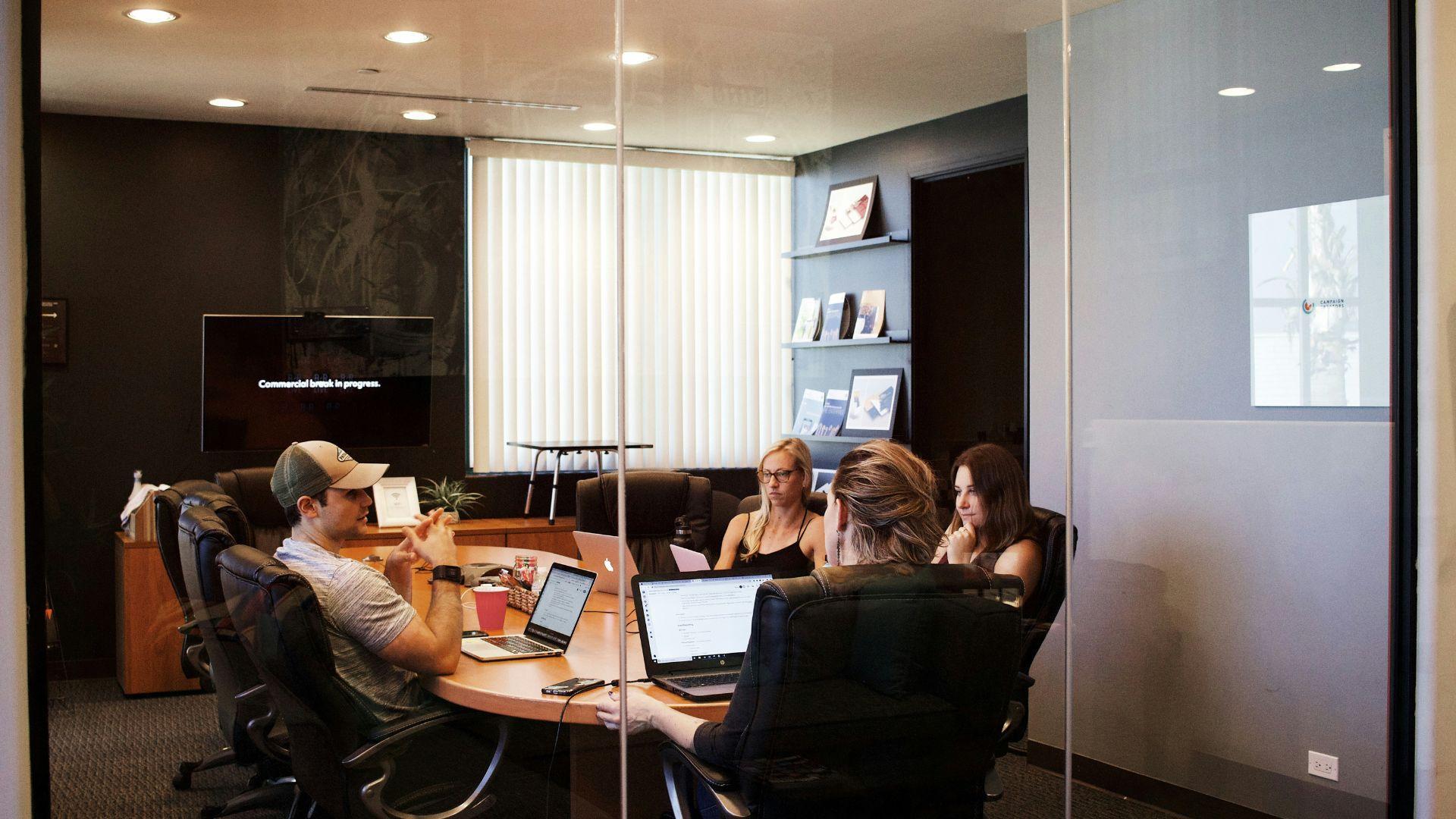
However, many Gen Z workers have claimed that they’re not lazy — they’re just not going to put their career over everything else in their life. They don’t want to live to work, as many Boomers did.
Instead, Gen Z employees go out of their way to foster a healthy, balanced life. They aren’t going to be married to their job. They’ll also leave their job quicker than Boomers do if they’re unhappy or feel their career is harming their mental health.
Gen Z Isn’t Lazy

“I don’t particularly think that [Gen Z] are lazy. I think they just have different things that they expect from work,” Lyle Odendaal, a professor at Sheffield Business School.
“One of those aspects is being able to discuss things that might be sensitive in organizations. And there not being any negative repercussions for bringing opinions into the organization.”
Jeff Bezos on Work-Life Balance
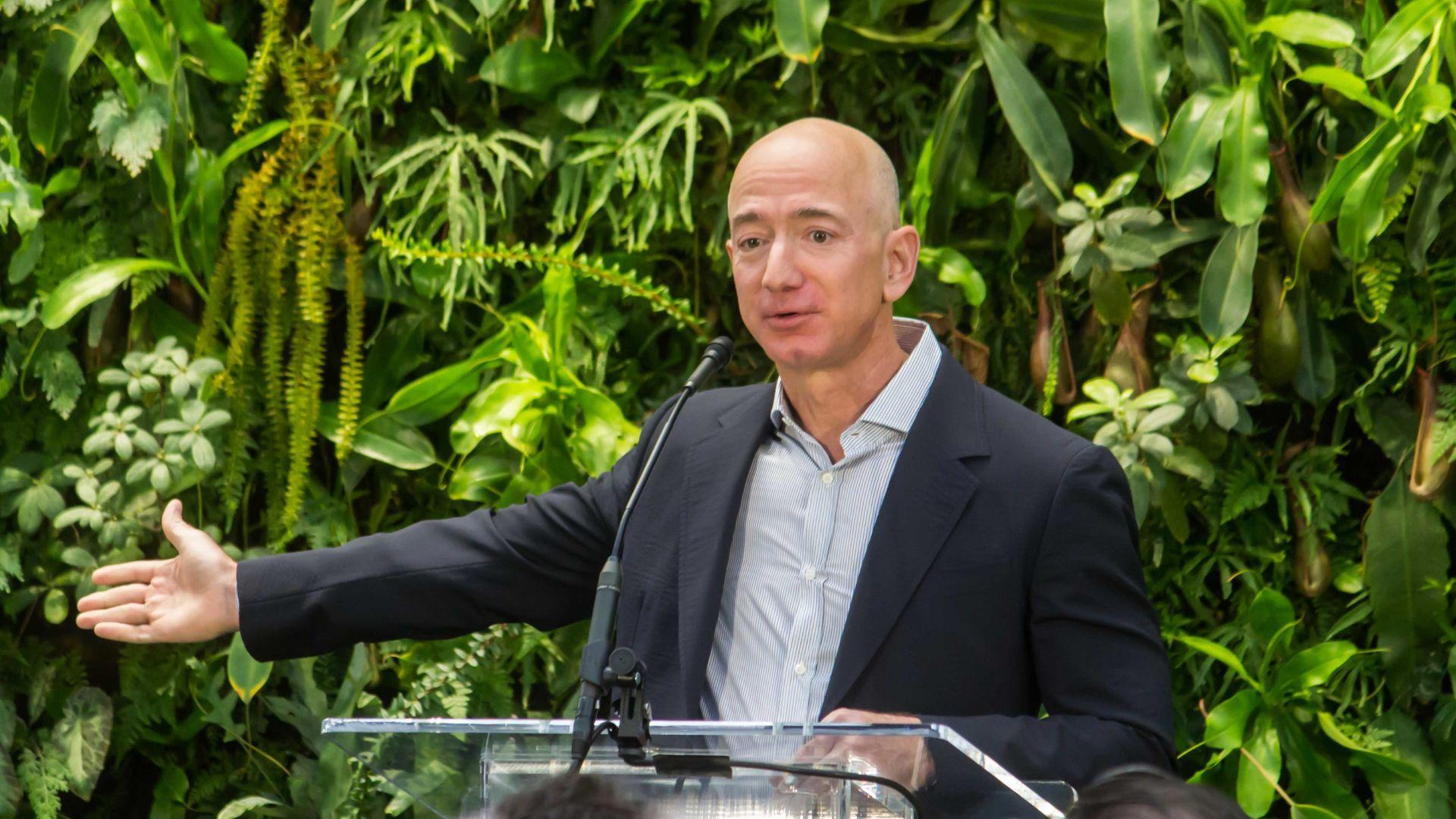
Former Amazon CEO Jeff Bezos was once asked about his opinion on how many younger generations seek out a healthy work-life balance. Perhaps unsurprisingly, Bezos completely differs from what many Gen Z workers believe.
Instead of believing one should have a life separate from their workplace, Bezos has stated that one’s work life and personal life are the same thing.
Finding Harmony

According to Bezos, he doesn’t like the phrase “work-life balance.” Instead of pushing employees to find this balance, he instead says they must find some level of harmony in their lives.
Therefore, instead of finding a “work-life balance”, Bezos has encouraged his workers to find a “work-life harmony.”
A “Debilitating” Phrase
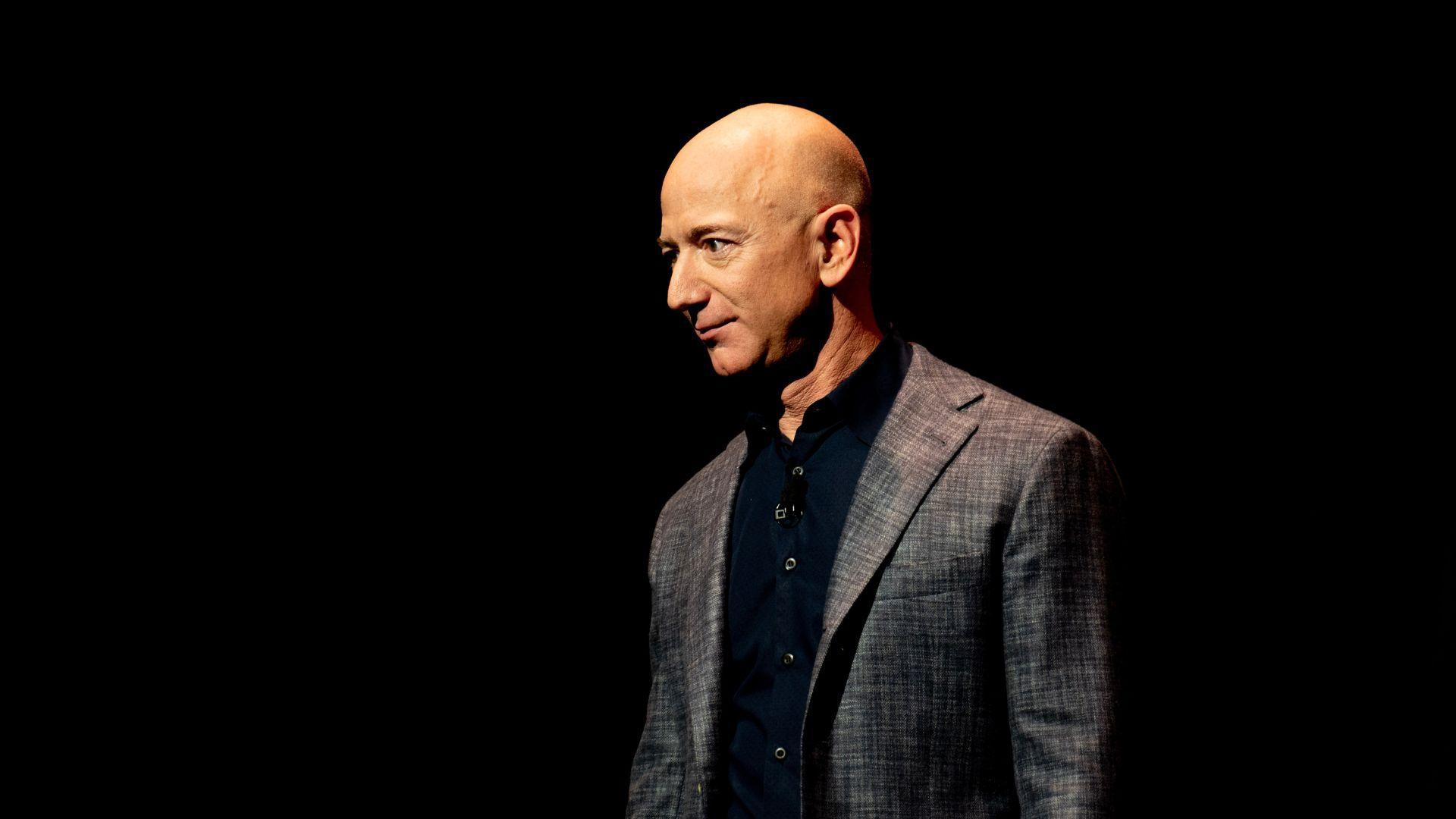
Bezos was asked his opinion on this phrase back in 2018 by Axel Springer CEO Mathias Döpfner. “I get asked about work-life balance all the time,” Bezos said. “And my view is, that’s a debilitating phrase because it implies there’s a strict trade-off.”
Bezos further discussed his views on this balance, saying that the ideal life shouldn’t have a balance at all. He explained, “It actually is a circle. It’s not a balance.”
Being Happy at Work

Bezos further explained in 2016 how he works best when he’s happy both at home and at work. If he’s unhappy in either area, then he feels that his life and his work both falter.
“I find that when I am happy at work, I come home more energized,” Bezos stated. “I’m a better husband, a better dad, and when I’m happy at home, I come in a better boss, a better colleague.”
Work-Life Struggles

Though Bezos may be the second richest man in the world, he knows that many people don’t actually like their jobs. According to Bezos, this is because many people have very high standards of what they want their careers to be like.
So, if their job falls short, then they’re quickly disappointed in their career — and often end up hating their job.
Finding Happiness at Work
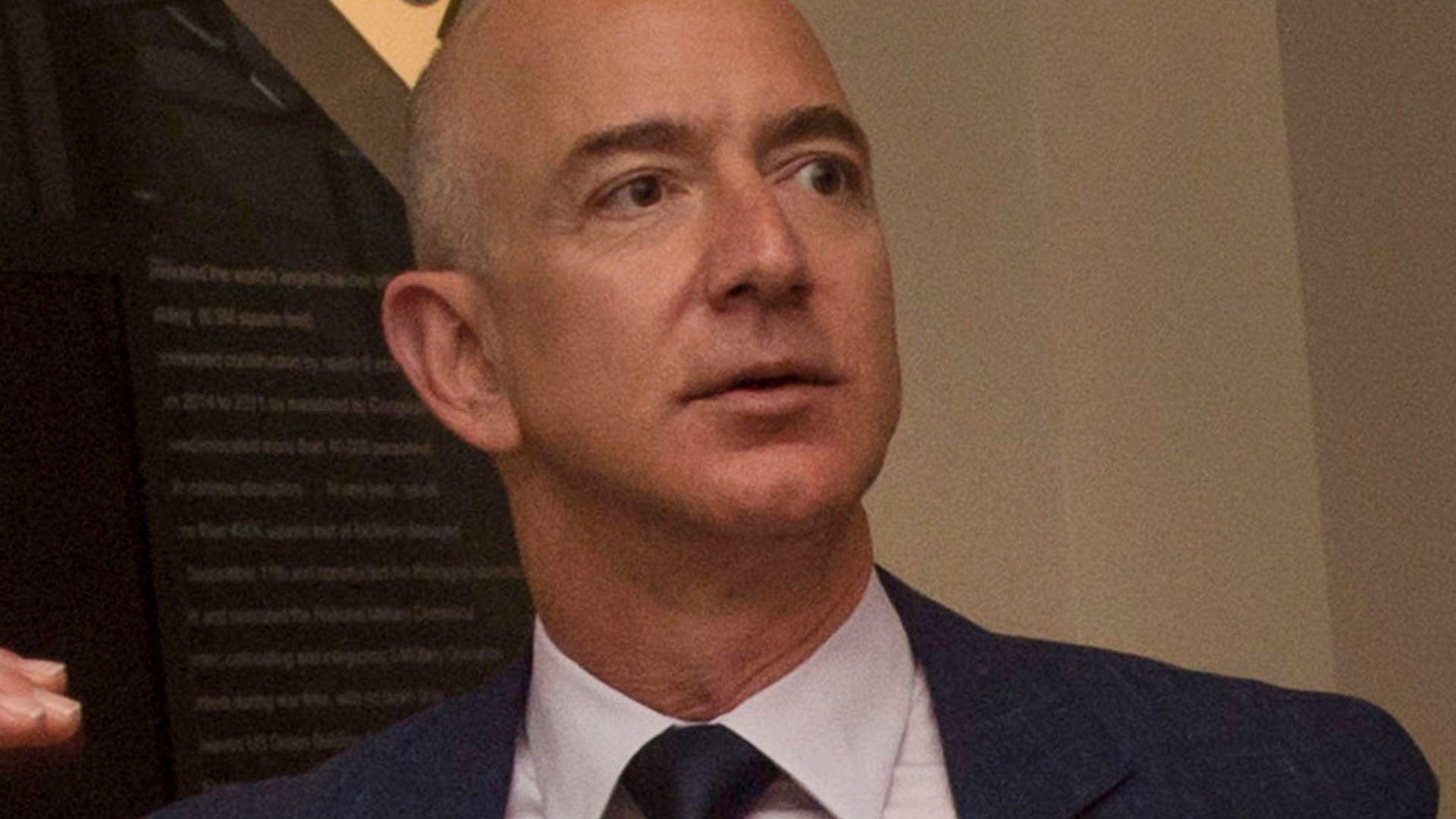
Therefore, Bezos has claimed that people need to find some way to be happy at work — even if they’re not fully happy all of the time. After all, a little bit of happiness can still go a long way.
In 2020, Bezos explained, “If you can get your work life to where you enjoy half of it, that is amazing. Very few people ever achieve that.”
Everything Isn’t Always Perfect

Bezos further explained that everything isn’t always perfect. Often, much of one’s job is out of their control. Even if they wanted to change things, they couldn’t. So, learning to work and find happiness within some unhappy elements is key, according to the billionaire.
“The truth is, everything comes with overhead. That’s reality. Everything comes with pieces that you don’t like,” he said.
Gen Z and Happiness
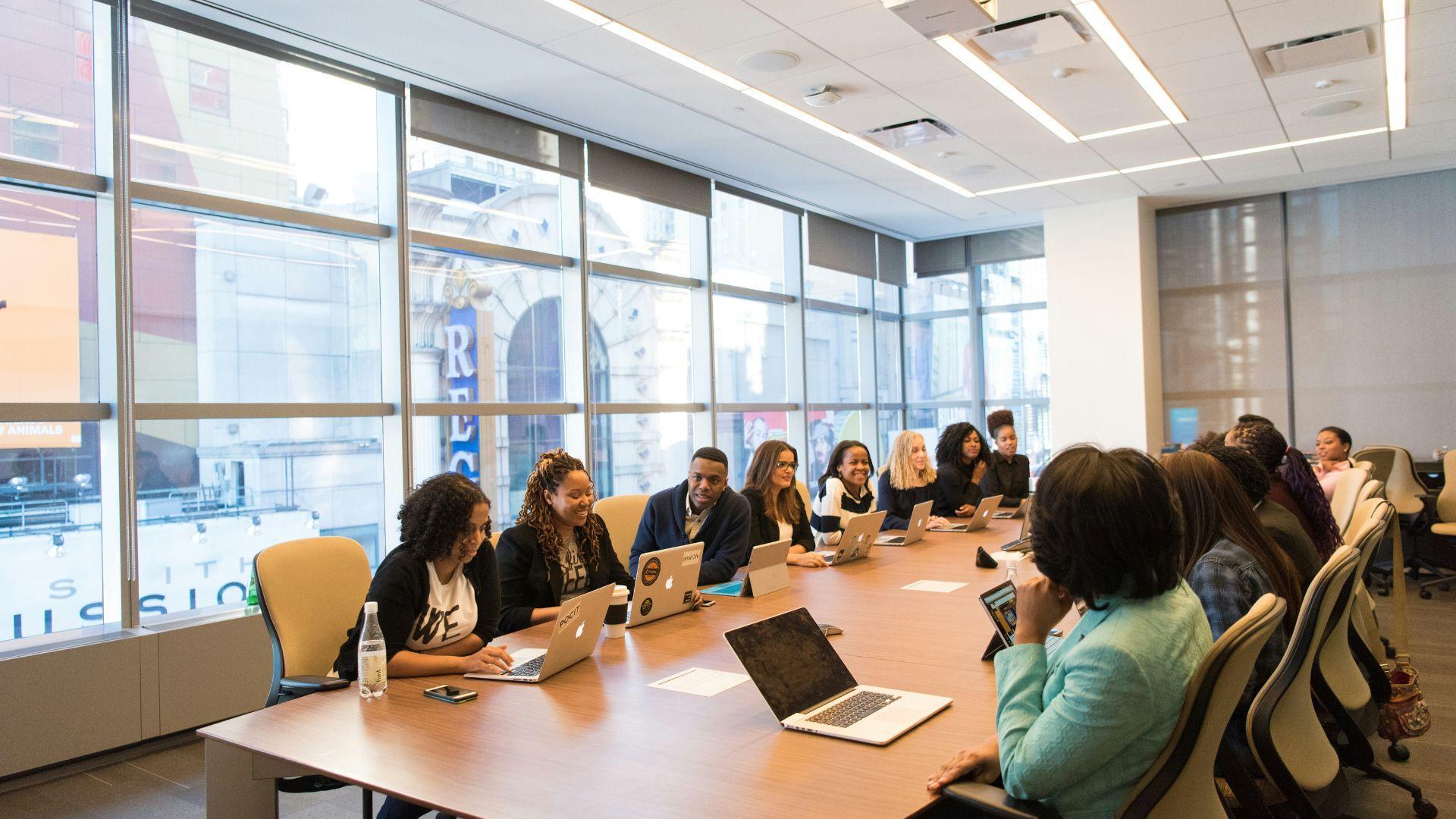
While Gen Z likely isn’t going to fully change their ideals of having a work-life balance, the generation as a whole still has time to change as they get older and become more accustomed to the workforce.
Already, there are some signs that Gen Z is becoming happier at work.
The Happiest Generation at Work

According to a survey from MetLife, 62% of working Gen Zers say they are happy at their jobs. This is an 8% jump compared to last year and a bigger increase than any other generation.
Gen X saw a 3% increase, while Boomers, who are preparing for retirement, saw their workplace happiness dip by 2%.
An Uptick in Workplace Happiness

This uptick in workplace happiness for Gen Z is linked to upticks in things like job loyalty, satisfaction at work, level of engagement, and all elements of “holistic health.”
“Holistic health” refers to how employees view the quality of their physical, mental, financial, and social health.
The Burn Out of US Life

Gen Z has been dealing with burnout and mental health issues more than any other generation. With high inflation, sky-rocketing cost of living, and spending an average of four hours on social media per day, Gen Z is one of the unhappiest generations.
For many Gen Zers, COVID-19 happened as many of them were becoming adults, losing at least two years of their lives as they sat at home attending online school.
Gen Z Is Happy At Work

However, Gen Z is still the unhappiest generation in the workplace. Around 62% of Gen Z say they are happy at work, but 65% and 66% of Gen X and millennials are happier.
Workers of all ages continue to live and work below pre-pandemic levels of happiness.
Why Is Gen Z the Unhappiness Generation at Work?

According to MetLife executive vice president Todd Katz, Gen Z’s workplace unhappiness is a result of elevated levels of stress and burnout.
The tech-fueled generation is also feeling more overwhelmed than other generations. Focusing on a work-life balance is how Gen Z is working on their daily joy.
Focused on Workplace Qualities

“It’s important for employers to know how feeling happy and cared for looks different to each generation,” Katz says, suggesting that employers focus on workplace qualities that young employees value most.
Some of these qualities include focusing on career development, wellness benefits, and a supportive office culture.
Gen Z Is Ready to Retire

Perhaps Gen Z is focused on these qualities of work-life balance as baby boomers may not be retiring. While boomers believe that Gen Z is lazy, survey after survey finds that the tech-fueled generation is the most ambitious when it comes to retirement.
Some reports suggest that 70% of the workforce’s youngest employees are trying to retire early.
Gen Z Is Struggling With Debt

Sure, most of Gen Z is struggling economically as they carry more debt than millennials did at the same age and have higher delinquency rates.
These are factors that make an early retirement even harder to attain. But, younger workers are trying harder to earn more to pay off these debts as soon as possible.
Can Gen Z Retire Early?

That work-life balance Gen Zers are searching for is not a crunch or a “debilitating” phase but is a refocus on the value of life. Gen Zers don’t want to work harder to miss out on life. Instead, they want to enjoy what is in front of them before it is too late.
There are many ways to save up and leave the workforce early, but hard choices will need to be made. Is Gen Z willing to make these changes?
